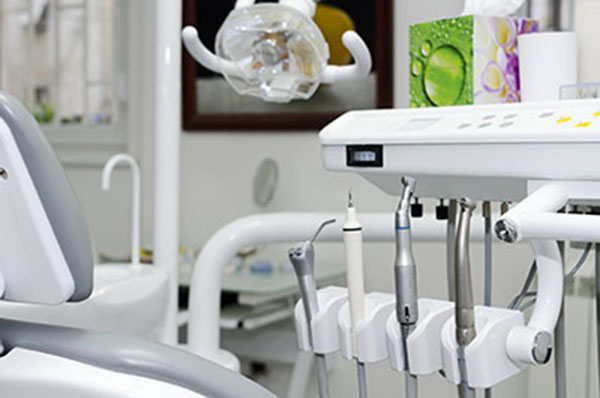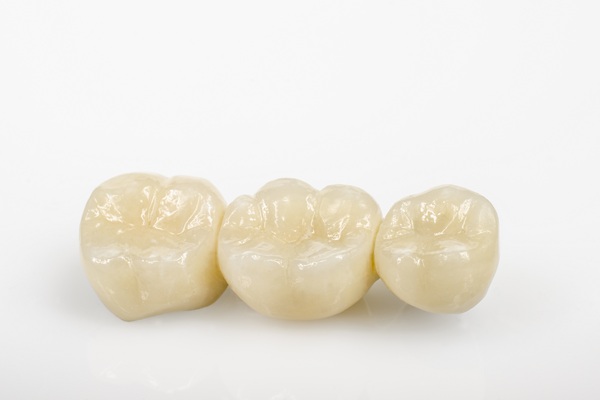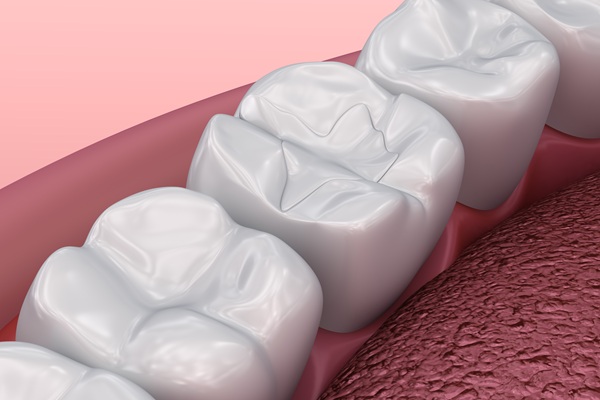Dental Local Anesthesia Frequently Asked Questions

Many people have concerns about local anesthesia, and for a good reason, it's not something that you use in your daily life. It is especially a concern for those who suffer from mild to severe dental anxiety. Local anesthesia is a tool that dentists employ during various dental procedures.
Here are a few questions that most people have along with their answers.
Types of Anesthesia
The first thing that people might want to know is what they kinds of anesthesia. Well, there are three kinds of anesthesia. The first one is local anesthesia; its job is to temporarily numb a particular area. Many people with dental anxiety would want to know how it can help them deal with their fears. The answer to that is that local anesthesia numbs the area where you need to get treatment. Since you do not feel what is happening in your mouth, you do not have to be afraid of the strange sensations.
Other forms of anesthesia include inhalation anesthesia or laughing gas and general anesthesia. Laughing gas makes you feel relaxed while general anesthesia knocks you out completely. These are to be administered by doctors with special training only.
How is Local Anesthesia Administered?
Another thing that people might want to know about local dental anesthesia is how the way the doctors administer it. The person responsible for anesthesia will inject it into the specific area that undergoing the treatment. The injection may cause concerns to some people but keep in mind that the dentist would most probably apply a swab before using an injection. It will take a lot of discomfort away from the experience.
How Often Do Dentists Use Dental Local Anesthesia?
Dental procedures are mostly uncomfortable ones. No one wants to feel a stranger working around in their mouth. That aside the procedures may have a certain level of pain involved as well. Therefore, it is common for almost all procedures, such as fillings, extractions, restoring, repairing, and surgical procedures. You won’t have to deal with local anesthesia when you head to the dentist for a routine visit.
Where is Local Anesthesia Injected?
Most of the times the dentist would inject the local anesthesia either into the gum or the area on the cheek near it. The anesthesia may even be used to deal with an overactive gag reflex.
What About the Side Effects?
Many people are concerned about the side effects that they might get from local anesthesia. In most cases there are no long-term side effects, in other words, they are scarce. The numbing sensation, however, is temporary and may wear off in a couple of hours. The most common side effects include mild bruising, itching, soreness and swelling the area where they administered anesthesia. Some people may even feel mildly dizzy and nausea later on.
Hopefully, you have sufficient information about local anesthesia and how it works. The next time your dentist suggests that you should go under for a procedure, you can refer to the content here to make an informed decision.
For more information or to schedule an appointment with Inna Goykman-Amir DDS, request an appointment in our Brooklyn dental office here: https://www.myddsny.com. Or call us at (718) 416-6364.
Related Posts
A porcelain fixed bridge is outstanding as a dental restoration that can replicate the appearance and function of natural teeth. The dental bridge is an option to consider when seeking to replace one or multiple teeth that are damaged or lost. A dentist can design the porcelain fixed bridge to mimic the look of natural…
When a tooth develops a cavity, a tooth filling will be required to repair the tooth and restore its function and appearance. Since tooth pain is often the first sign of a cavity, it is normal for patients to be worried about what they will feel during the filling procedure. This article focuses on what…
TMJ disorder occurs when the temporomandibular joint is injured or overworked. The joint is responsible for connecting the skull and the jawbone, and it plays an important role in the jaw movement. When TMJ disorder develops, symptoms develop and can worsen without appropriate treatment. There are many different symptoms of TMJ disorder, but some TMJ symptoms…
A porcelain crown is a versatile dental restoration that protects and preserves damaged, weakened, or decayed natural teeth. By encasing the visible portion of a tooth, a porcelain crown restores its function, strength, and appearance. This treatment effectively saves a natural tooth from further damage, ensuring long-term oral health and maintaining the aesthetics of your…


